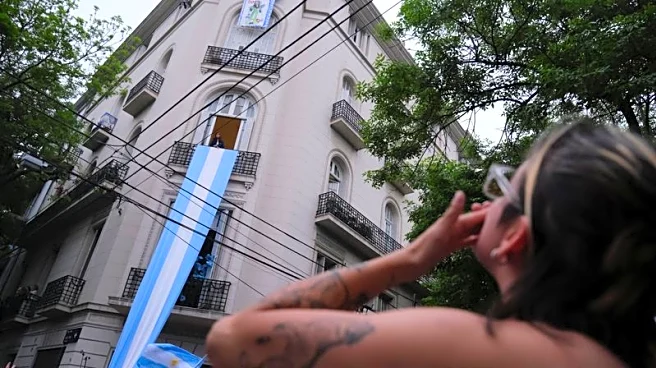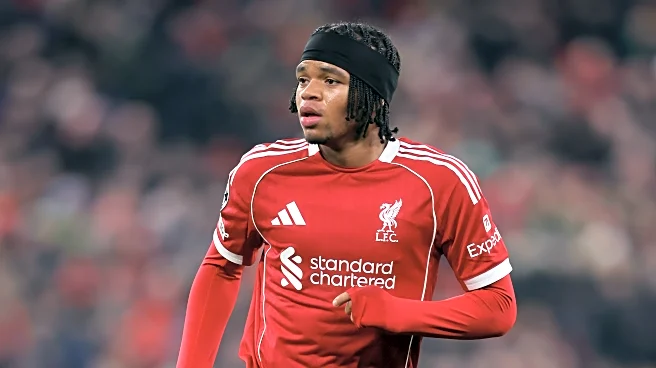By Nicolás Misculin
BUENOS AIRES (Reuters) -The defeat of Argentina's Peronist opposition in October's midterm election exposed the weaknesses of the fractured movement and its competing leaders and has
raised questions about how it will plot a future comeback.
President Javier Milei's party La Libertad Avanza did better than expected, persuading voters to give him a greater mandate to push forward with an ambitious economic overhaul. He is now in a position to build a powerful coalition bloc to fight Peronists that have rallied against Milei's austerity measures and his deep cuts to the public sector.
The election made it clear Peronism will need to resolve a power struggle between two figures who want to hold the reins of the movement, analysts said.
Those figures are Axel Kicillof, governor of the populous province of Buenos Aires, traditionally a Peronist stronghold, and former Peronist president Cristina Fernandez de Kirchner, currently under house arrest and serving a six-year sentence for corruption.
Kirchner still retains power and popularity, occasionally appearing on her balcony to greet supporters. Kicillof, who served as her economy minister, recently visited her at the apartment where she is under house arrest. Her popularity with the Peronist base means he cannot afford to distance himself too much from her.
But not everyone is a fan of Kirchner, who is associated with years of economic volatility. Under her tenure, money printing to sustain her populist government's strong social safety nets was blamed for soaring inflation. Later, she was vice president during the government of Alberto Fernandez, who also faced criticism from opponents for furthering Argentina's deep economic malaise.
That legacy creates difficulties for Kicillof and will make it hard for Peronism as a whole to persuade non-core voters to give them another chance in time for the next presidential election in two years, say analysts like Lucas Romero, from the consulting group Synopsis.
The Peronist movement is going through "a historically weak moment," Romero said.
"Without new leadership, Peronism will need a major failure from Milei to become an attractive option again for 2027."
PERONISTS WILL SEEK ALLIANCES
To be sure, the Peronists have been written off before. Peronism dates back to the 1940s when it was founded by populist President Juan Peron and has successfully reinvented itself multiple times over the decades to remain Argentina's dominant political force.
Milei's party substantially increased its number of deputies and senators in a Congress where it had been a small minority. But not all seats were up for grabs last week and Peronism will still remain the largest minority party. It can also count on a large number of governors.
Peronist officials, including two who spoke on condition of anonymity, told Reuters that the party will seek alliances with other center-left forces for the next presidential election.
"From now on, we are committed to building a much broader space," said Jesica Rey, minister of communication for the province of Buenos Aires.
Romero said that it won't be easy for the party to remake itself as long as it rallies around the divisive figure of Kirchner, however.
"I think that we can see a regrouping," said Romero, "only and when Peronism turns over the page of Kirchnerism and Cristina loses relevance."
(Reporting by Nicolás Misculin, writing by Leila Miller; Editing by Rosalba O'Brien)











